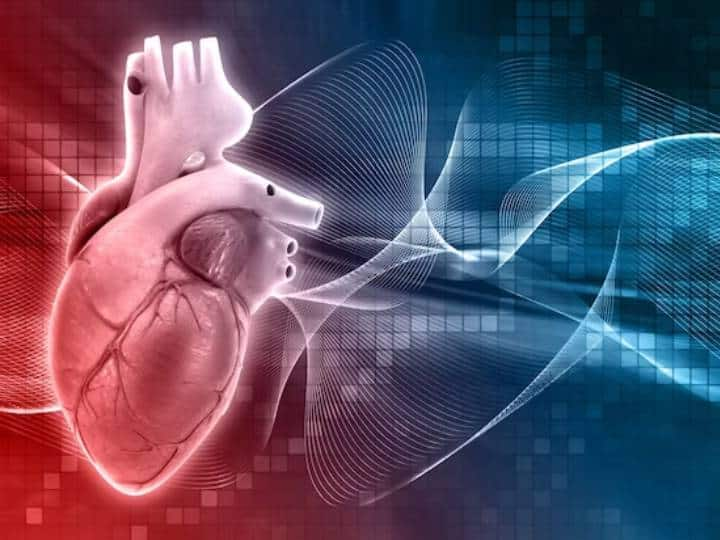An AI machine that can predict the 10-year risk of a fatal heart attack, according to research funded by the British Heart Foundation, was presented today at the American Heart Association in Philadelphia. May alter treatment for patients undergoing CT scan to diagnose chest pain. In the first real-world test of the AI tool, it was found to improve treatment for patients by 45 percent.
AI technology
AI technology could potentially save thousands of lives suffering from chest pain. Those who may not have been identified as being at risk of heart attack and therefore may not have received appropriate treatment to reduce their risk. With the technology found to be cost-effective, researchers hope it could change the management of patients who are referred to the NHS for chest pain assessment.
About 350,000 people have a cardiac CT scan in Britain every year. Standard tests to identify any narrowing or blockage in the coronary arteries. In about three quarters of cases there is no obvious sign of significant contraction, so patients are often reassured and discharged. Unfortunately, many of these people will die from a heart attack in the future. Because inflammation can cause small, undetectable narrowings to rupture, blocking the arteries. Until recently it was not possible to identify these at-risk patients.
British Heart Foundation
In the new study, funded by the British Heart Foundation, Professor Charalambos Antoniades, from the Radcliffe Department of Medicine at the University of Oxford, and his team analyzed data from more than 40,000 people undergoing routine cardiac CT scans at eight UK hospitals. Participants were followed for an average of 2.7 years. While people with significant coronary artery narrowing were more likely to have serious cardiovascular events or death, twice as many patients as those without significant narrowing experienced heart attacks and cardiovascular death.
After this the team used a new AI tool. In which it was trained using information about changes in fat around inflamed arteries. Which may indicate the risk of events like heart attack. It can also provide information about narrowing of the arteries and other clinical risk factors. Further testing on 3,393 additional patients over 7.7 years showed that it could independently and accurately predict the risk of cardiovascular events. People who had the highest levels of inflammation in their blood vessels without any blockage in their arteries had a 10 times higher risk of cardiovascular death than people with low levels of inflammation.
AI-generated
In the world’s first pilot project, the team provided AI-generated risk scores to physicians for 744 consecutive patients and found that in 45 percent of cases, physicians changed patients’ treatment plans, indicating that this AI tool could be extremely valuable. It is possible. Providing guidance and information on how to manage patients with chest pain, ensuring early identification and preventive treatment of those at highest risk.
An analysis comparing the use of the AI tool to standard care showed that it was highly cost-effective for the NHS. Additionally, researchers estimate that implementing this technology in the NHS could lead to more than 20 percent fewer heart attacks and 8 percent fewer cardiovascular deaths and strokes among test takers. With the technology needed to power the AI tool already commissioned by NHS England for a pilot program in five NHS hospitals, researchers hope it can soon be introduced across the UK.
Disclaimer: Before implementing the method, methods and suggestions mentioned in this article, please consult a doctor or related expert.
Check out below Health Tools-
Calculate Your Body Mass Index (BMI)
Calculate The Age Through Age Calculator
